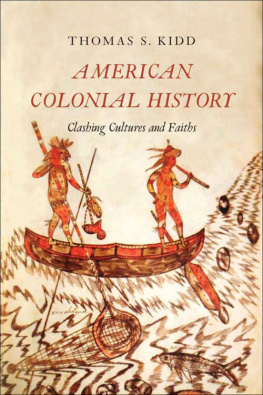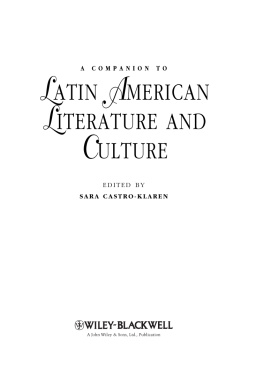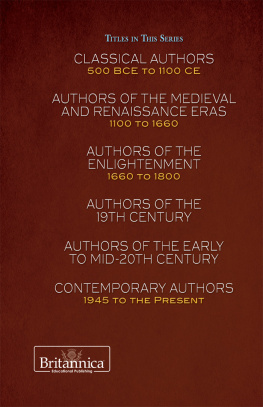Colonial Roots
Settlement to 1783
Editorial Advisers
Steven A. Goldberg
Past President, National Council for the Social Studies Social Studies Department Chair
New Rochelle High School, New Rochelle, New York
Louise A. Hazebrouck
English teacher
Horace Greeley High School, Chappaqua, New York
Deborah Boxer Minchin
Social Studies teacher
New Rochelle High School, New Rochelle, New York
HISTORY THROUGH LITERATURE
AMERICAN VOICES, AMERICAN THEMES
Colonial Roots
Settlement to 1783
Jeffrey H. Hacker, Editor
First published 2014 by M.E. Sharpe
Published 2015 by Routledge
2 Park Square, Milton Park, Abingdon, Oxon OX14 4RN
711 Third Avenue, New York, NY, 10017, USA
Routledge is an imprint of the Taylor & Francis Group, an informa business
Copyright 2014, Taylor & Francis. All rights reserved.
Cover images (clockwise from top left) provided by: Northwind Picture Archives via AP Images; The Granger Collection, NYCAll rights reserved; Library of Congress.
Interior images provided by: Northwind Picture Archives via AP Images, p. 5; The Granger Collection, NYCAll rights reserved, p. 30; Library of Congress, p. 36; The Granger Collection, NYCAll rights reserved, p. 77; Bettmann/Corbis/AP Images, p. 99; Library of Congress, p. 120; Northwind Picture Archives via AP Images, p. 130; Verner Reed//Time Life Pictures/ Getty Images, p. 140; Fotosearch/Getty Images, p. 148; Bettmann/Corbis/AP Images, p. 157; The Granger Collection, NYCAll rights reserved, p. 168; Northwind Picture Archives via AP Images, p. 173; MPI/Getty Images, p. 197.
The EuroSlavic fonts used to create this work are 1986-2013 Payne Loving Trust.
EuroSlavic is available from Linguist's Software, Inc.,
www.linguistsoftware.com, P.O. Box 580, Edmonds, WA 98020-0580 USA
tel (425) 775-1130.
Library of Congress Cataloging-in-Publication Data
Colonial roots: settlement to 1783 / Jeffrey H. Hacker, Editor.
pages cm. (History through literature: American voices, American themes) (Sharpe insights)
Includes bibliographical references and index.
ISBN 978-0-7656-8339-7 (cloth: alk. paper) ISBN 978-0-7656-8320-5 (pbk.: alk. paper) ISBN 978-0-7656-8321-2 (electronic)
1. United StatesHistoryColonial period, ca. 1600-1775Sources. 2. United States CivilizationTo 1783Sources. 3. Literature and historyUnited States18th century. I. Hacker, Jeffrey H., editor of compilation.
E187.C745 2013
973.2dc23
2013010944
No part of this book may be reprinted or reproduced or utilised in any form or by any electronic, mechanical, or other means, now known or hereafter invented, including photocopying and recording, or in any information storage or retrieval system, without permission in writing from the publishers.
Product or corporate names may be trademarks or registered trademarks, and are used only for identification and explanation without intent to infringe.
ISBN 13: 9780765683397 (hbk)
ISBN 13: 9780765683205 (pbk)
Contents
History Through Literature: Colonial Roots (Settlement to 1783) is the first in a six-volume series designed to support interdisciplinary coursework and independent reading in American history and letters. The material presented in each volume is selected and organized to enrich the study of the nations historical record, its literary heritage, and their mutual influences.
Each volume begins with a chronology that identifies, defines, and places in context the notable historical events, literary works, authors lives, and cultural movements of the period in question. The centerpiece of the volume is a comprehensive overview essay that highlights the eras major historical trends, social and cultural movements, literary voices, and landmark works as reflections of each other and the spirit of the times. The core content comprises some 2030 shorter articlesall drawn from the archives of the Sharpe Reference and Sharpe Online Reference imprintson lives and works in period literature, including extended excerpts. Special features called Sidelights apply a different lens to this exploration, focusing on historical literature as a reflection of both the time of the actual events and the time of the writing. In the present volume, Sidelights consider works of later eras on Sioux legend, the Salem witch trials of 1692, and Paul Reveres ride of April 1775.
Throughout the series, the designation of historical and literary periods is not bound by strict startend dates or specific events (with such key exceptions as national independence, the Civil War, the Great Depression, and World War II). The lives and works of writers obviously overlap any arbitrarily defined eras, and their styles and themes often evolve in ways that defy neat historical classification. Thus, the designation of historical periods and the selection of subjects in each volume are guided by subjective judgments based on several factorshistorical events, social and economic trends, and the rise and decline of artistic and cultural movements.
The first volume essentially begins with the founding of the first permanent English settlement in North America at Jamestown in 1607 and ends with the formal conclusion of the Revolutionary War and recognition of U.S. independence in 1783. As astute readers will note, however, even milestones such as these are not hard and fast. For example, William Bradfords early masterwork Of Plymouth Plantation, which he began in 1630 was not published until long after the colonial era, in 1856.
The nearly two centuries between English settlement and independence nevertheless witnessed a religious, cultural, philosophical, and political evolution whose major movements can be said to characterize the period. The settlers of Massachusetts were Protestant separatists who aspired to a city upon a hill, in the words of John Winthrop, based on Puritan values and Gods grace as the guide to individual moral behavior and a successful community.
Also European in origin, the Enlightenment brought an intellectual and philosophical sea change to the American colonies. Not only did the leading lights of the Scientific Revolution challenge centuries-old religious assumptions about the physical universe, but Enlightenment philosophers on both sides of the Atlantic embraced such concepts as reason, individual rights, and the political ideals of liberty, democracy, and the sovereignty of the people.
At least partially in response to the Enlightenment emphasis on rational thought and intellectual rigor, the Great Awakening of the 1730s and 1740s marked a renewal of Protestant zeal and submission to the will of God that set the tone for a unique, recurring brand of American evangelicalism in the centuries to come.
And finally, of course, British imperial policies and the rising tide of political rebellion became overriding concerns throughout the 13 colonies by the 1760s.
These defining movements were at once an inspiration, a reflection, and in some measure a consequence of the writings that have endured from the period. The authors and works presented in this volume, all practitioners and prominent examples of nonfictionjournal histories, personal histories, natural histories, sermons, poems, political tracts, and popular adagesthus provide a unique perspective on the study of history through literature, and vice-versa.
- 1565 Spanish settlers establish the first continuously inhabited European settlement in what is now the United States, at St. Augustine, Florida. Aside from the oral tradition of native peoples, the literature of the New World before English settlement comprised the accounts of early Spanish and French explorers, soldiers, and missionaries.

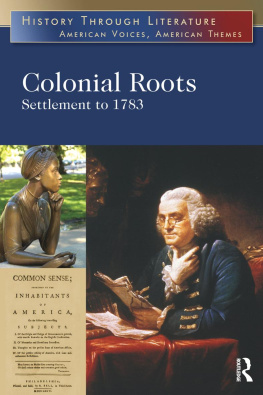
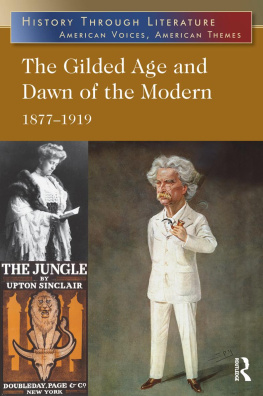
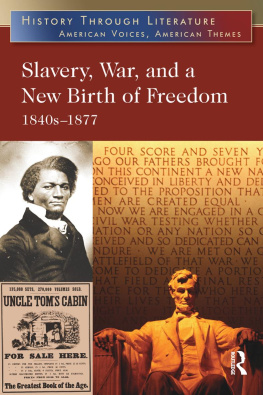

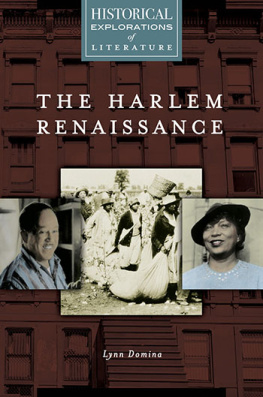



![Matt Cardin - Horror Literature Through History [2 Volumes]: An Encyclopedia of the Stories That Speak to Our Deepest Fears](/uploads/posts/book/119545/thumbs/matt-cardin-horror-literature-through-history-2.jpg)
